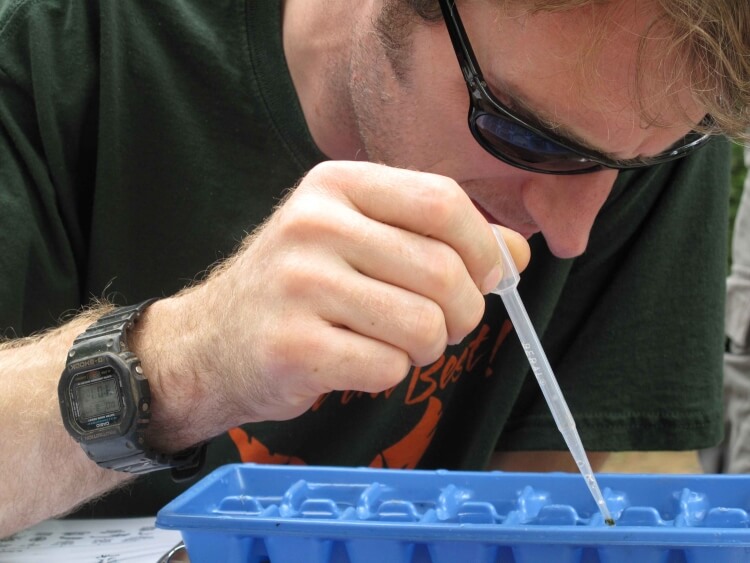3h
Human TITF1(Thyroid Transcription Factor 1) ELISA Kit
Human TITF1(Thyroid Transcription Factor 1) ELISA Kit
thyroid
10ng/mL
Sandwich
0.058ng/mL
0.156-10ng/mL
Signal transduction;
ELISA Enzyme-linked immunosorbent assays Code 90320007 SNOMED
TTF1; NKX2-1; BCH; BHC; NK-2; NKX2.1; NKX2A; TEBP; NK2 Homeobox 1; Benign Chorea; Thyroid nuclear factor 1; Thyroid-specific enhancer-binding protein
E05 478 566 350 170 or Enzyme-Linked Immunosorbent Assays,E05 478 566 350 170 or Enzyme-Linked Immunosorbent Assays,Human proteins, cDNA and human recombinants are used in human reactive ELISA kits and to produce anti-human mono and polyclonal antibodies. Modern humans (Homo sapiens, primarily ssp. Homo sapiens sapiens). Depending on the epitopes used human ELISA kits can be cross reactive to many other species. Mainly analyzed are human serum, plasma, urine, saliva, human cell culture supernatants and biological samples.
The test principle applied in this kit is Sandwich enzyme immunoassay. The microtiter plate provided in this kit has been pre-coated with an antibody specific to Thyroid Transcription Factor 1 (TITF1). Standards or samples are then added to the appropriate microtiter plate wells with a biotin-conjugated antibody specific to Thyroid Transcription Factor 1 (TITF1). Next, Avidin conjugated to Horseradish Peroxidase (HRP) is added to each microplate well and incubated. After TMB substrate solution is added, only those wells that contain Thyroid Transcription Factor 1 (TITF1), biotin-conjugated antibody and enzyme-conjugated Avidin will exhibit a change in color. The enzyme-substrate reaction is terminated by the addition of sulphuric acid solution and the color change is measured spectrophotometrically at a wavelength of 450nm ± 10nm. The concentration of Thyroid Transcription Factor 1 (TITF1) in the samples is then determined by comparing the O.D. of the samples to the standard curve.
Aplha, transcription related growth factors and stimulating factors or repressing nuclear factors are complex subunits of proteins involved in cell differentiation. Complex subunit associated factors are involved in hybridoma growth, Eosinohils, eritroid proliferation and derived from promotor binding stimulating subunits on the DNA binding complex. NFKB 105 subunit for example is a polypetide gene enhancer of genes in B cells.The activation of transcription factor subunits is the first step of gene expression, in which a particular segment of DNA is copied into RNA (mRNA) by the enzyme RNA polymerases. Transcription factors, unites and elongations can be RNA and DNA nucleic acids, base pairs of nucleotides . Converting from DNA to RNA is made by enzymatic reactions. During transcription, a DNA sequence is read by an RNA polymerase, which produces a complementary, anti-parallel RNA strand called a primary transcript. Transcriptions are key functions in signal transduction pathways. Signaling ligand binding transcription factors play an important role in transduction cascades.
